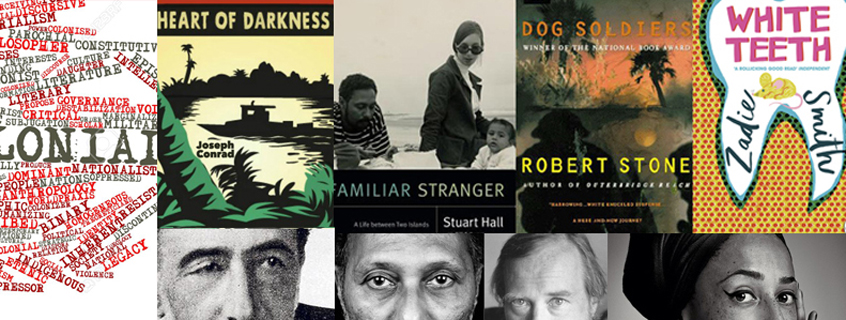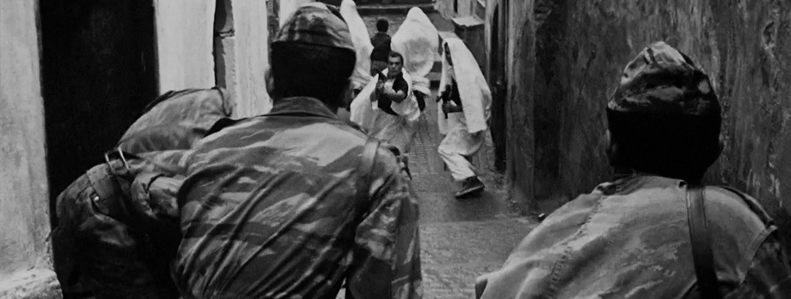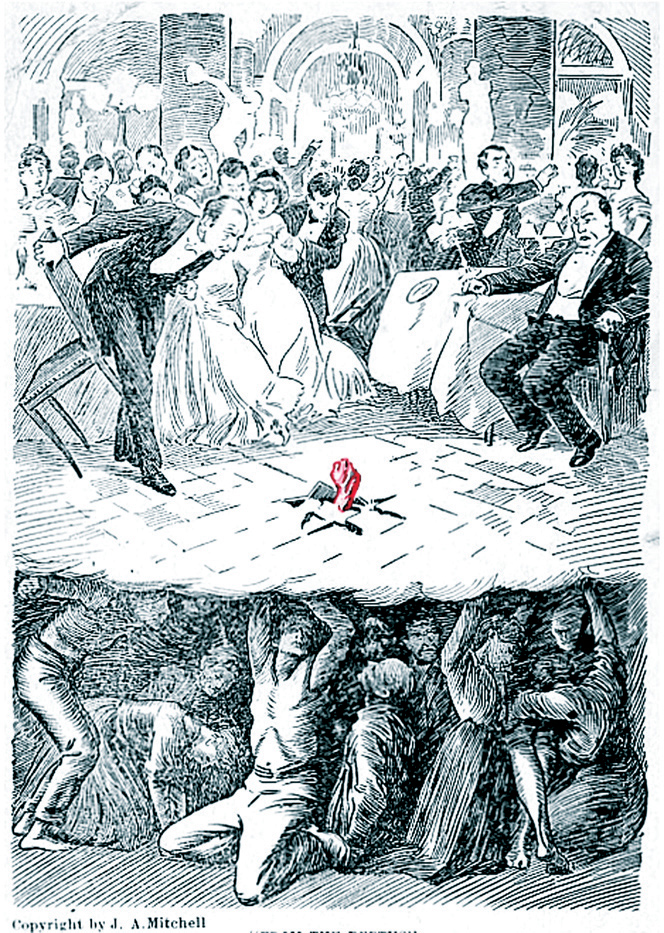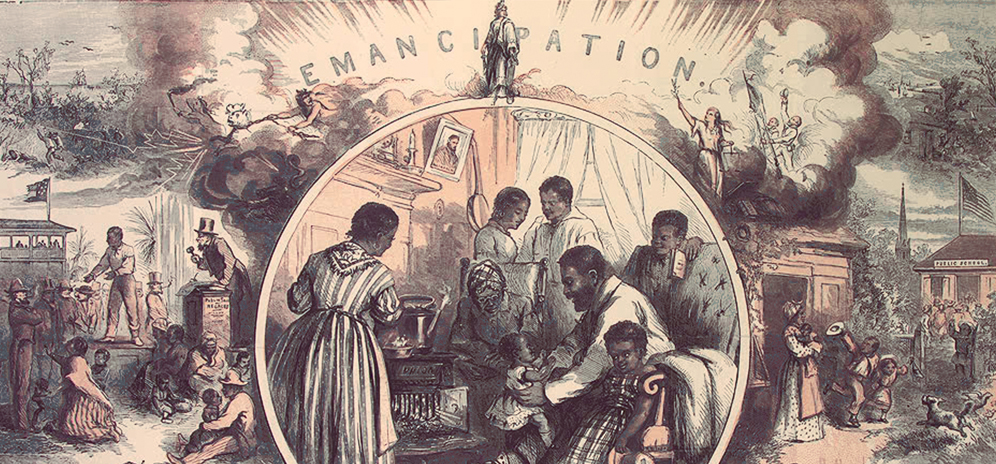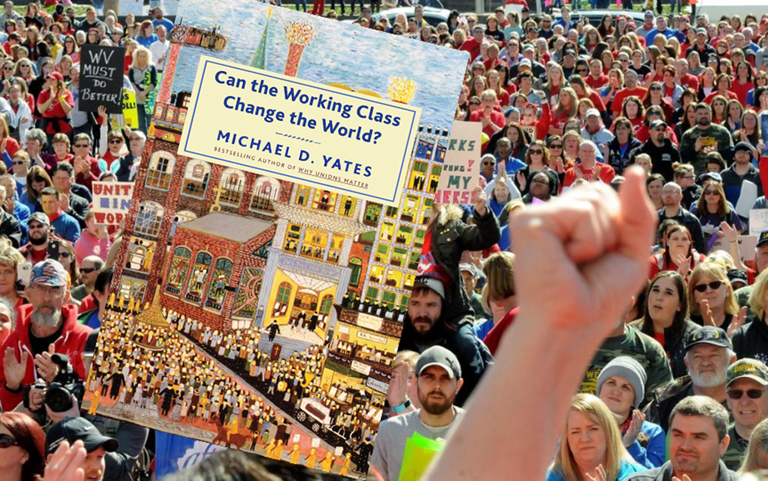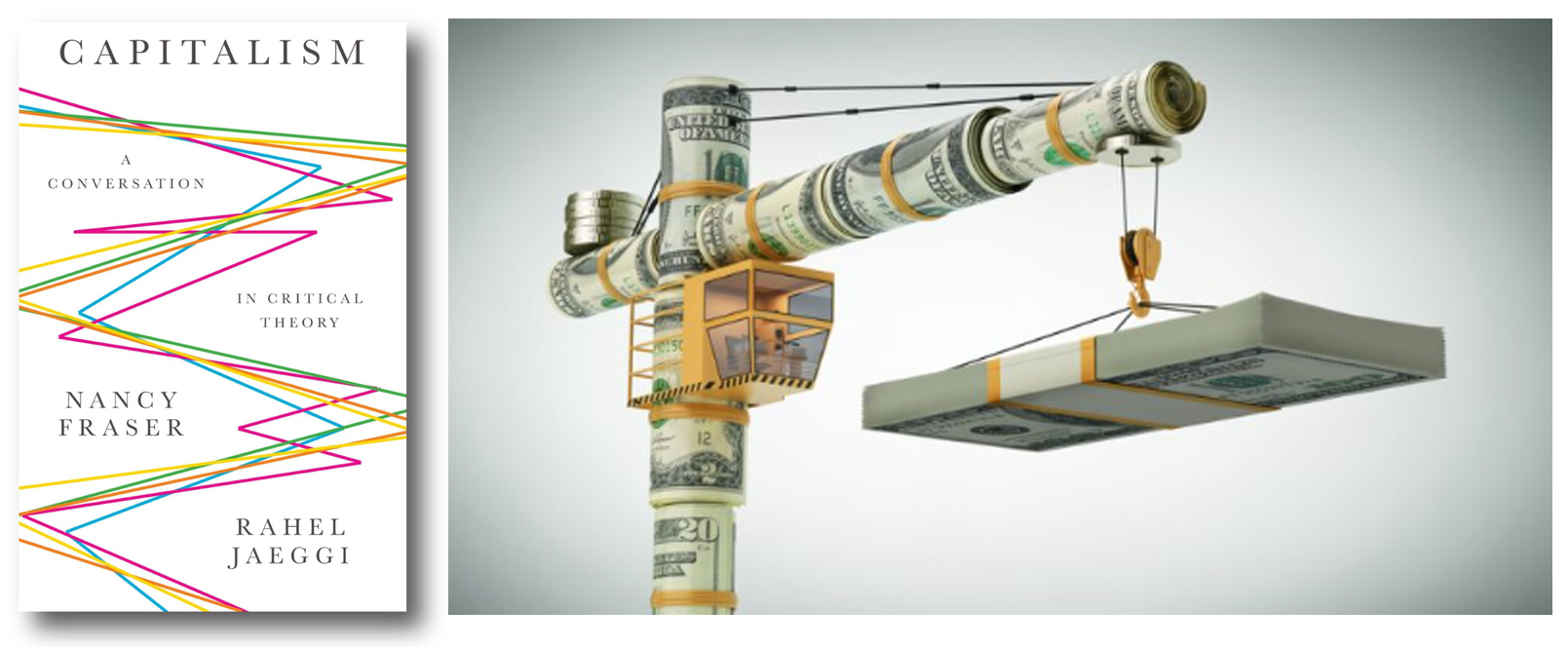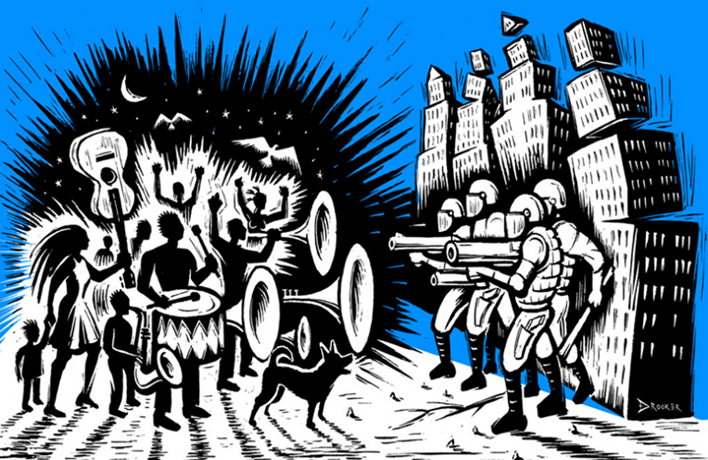Globalization and Writing
Unwilling, or unable to conform and accept lesser positions in their societies, they remain within their marginality and write their unease in novels which give readers an alternative report of the results of colonization both abroad where the EuroAmerican capitalists have colonized and what consequences that colonization has made for life in the their countries of origin.
Pontecorvo Double Feature!
The People's Forum 320 West 37th Street, New York, NY, United StatesNine years ago the anti-bourgeois film festival began at the Brecht Forum to get to nights like this, where films as profound as The Battle of Algiers and Burn! could be viewed and then discussed, not merely consumed.
Capital, Volume 1
Karl Marx’s Capital remains the fundamental text for understanding how capitalism works. By unraveling the commoditized forms of our interactions with nature and each other, it provides tools to understand capitalism’s astounding innovativeness and productivity, intertwined with growing inequality and misery, alienation, stunting of human potential, and ecological destruction all over the globe.
Black Reconstruction
The People's Forum 320 West 37th Street, New York, NY, United StatesTHIS SERIES HAS BEEN EXTENDED TO MAY 20!
...the great social revolution of that momentous period following the Civil War was surely the “reconstruction” of social relations in the former slave states. In his groundbreaking study (1935), W.E.B. DuBois reveals that this social revolution was both initiated by slaves in the midst of the war and carried through by the emancipated Black population during and after the period when federal troops occupied the former Confederate states.
Can the Working Class Change the World?
Marx argued, because capitalism is the apotheosis of class society, it must be the last class society: it must, therefore, be destroyed. And only the working class, said Marx, is capable of doing that.
Capitalism: Causes, Conditions, Consequences … and Beyond
Join us for a close reading of Capitalism: A Conversation in Critical Theory which shows how different historical regimes of capitalism have relied on institutional separations between economy and polity, production and social reproduction, and human and non-human nature. Interaction between these domains is periodically readjusted in response to crises and upheavals.
Globalization and Writing
Unwilling, or unable to conform and accept lesser positions in their societies, they remain within their marginality and write their unease in novels which give readers an alternative report of the results of colonization both abroad where the EuroAmerican capitalists have colonized and what consequences that colonization has made for life in the their countries of origin.
Capital, Volume 1
Karl Marx’s Capital remains the fundamental text for understanding how capitalism works. By unraveling the commoditized forms of our interactions with nature and each other, it provides tools to understand capitalism’s astounding innovativeness and productivity, intertwined with growing inequality and misery, alienation, stunting of human potential, and ecological destruction all over the globe.
Black Reconstruction
The People's Forum 320 West 37th Street, New York, NY, United StatesTHIS SERIES HAS BEEN EXTENDED TO MAY 20!
...the great social revolution of that momentous period following the Civil War was surely the “reconstruction” of social relations in the former slave states. In his groundbreaking study (1935), W.E.B. DuBois reveals that this social revolution was both initiated by slaves in the midst of the war and carried through by the emancipated Black population during and after the period when federal troops occupied the former Confederate states.
Can the Working Class Change the World?
Marx argued, because capitalism is the apotheosis of class society, it must be the last class society: it must, therefore, be destroyed. And only the working class, said Marx, is capable of doing that.
Capitalism: Causes, Conditions, Consequences … and Beyond
Join us for a close reading of Capitalism: A Conversation in Critical Theory which shows how different historical regimes of capitalism have relied on institutional separations between economy and polity, production and social reproduction, and human and non-human nature. Interaction between these domains is periodically readjusted in response to crises and upheavals.
Globalization and Writing
Unwilling, or unable to conform and accept lesser positions in their societies, they remain within their marginality and write their unease in novels which give readers an alternative report of the results of colonization both abroad where the EuroAmerican capitalists have colonized and what consequences that colonization has made for life in the their countries of origin.
Capital, Volume 1
Karl Marx’s Capital remains the fundamental text for understanding how capitalism works. By unraveling the commoditized forms of our interactions with nature and each other, it provides tools to understand capitalism’s astounding innovativeness and productivity, intertwined with growing inequality and misery, alienation, stunting of human potential, and ecological destruction all over the globe.
Premonitions
New Perspectives Theatre 456-458 West 37th Street, New York, NY, United StatesThompson combines scholarship and grassroots grit to disabuse us of cherished certainties. Whether uncovering the unrealized promise buried in mainstream cultural offerings or tracing our course toward the moment of reckoning ahead, the essays in Premonitions are both practical investigations and provocations.
Black Reconstruction
The People's Forum 320 West 37th Street, New York, NY, United StatesTHIS SERIES HAS BEEN EXTENDED TO MAY 20!
...the great social revolution of that momentous period following the Civil War was surely the “reconstruction” of social relations in the former slave states. In his groundbreaking study (1935), W.E.B. DuBois reveals that this social revolution was both initiated by slaves in the midst of the war and carried through by the emancipated Black population during and after the period when federal troops occupied the former Confederate states.

